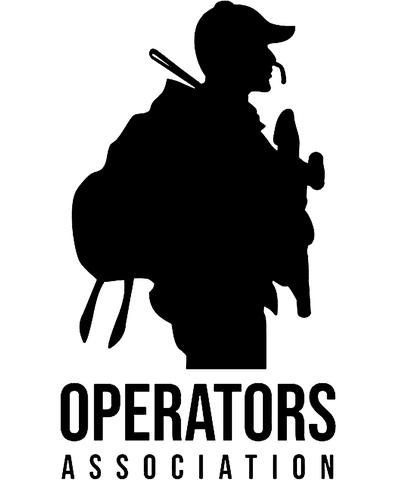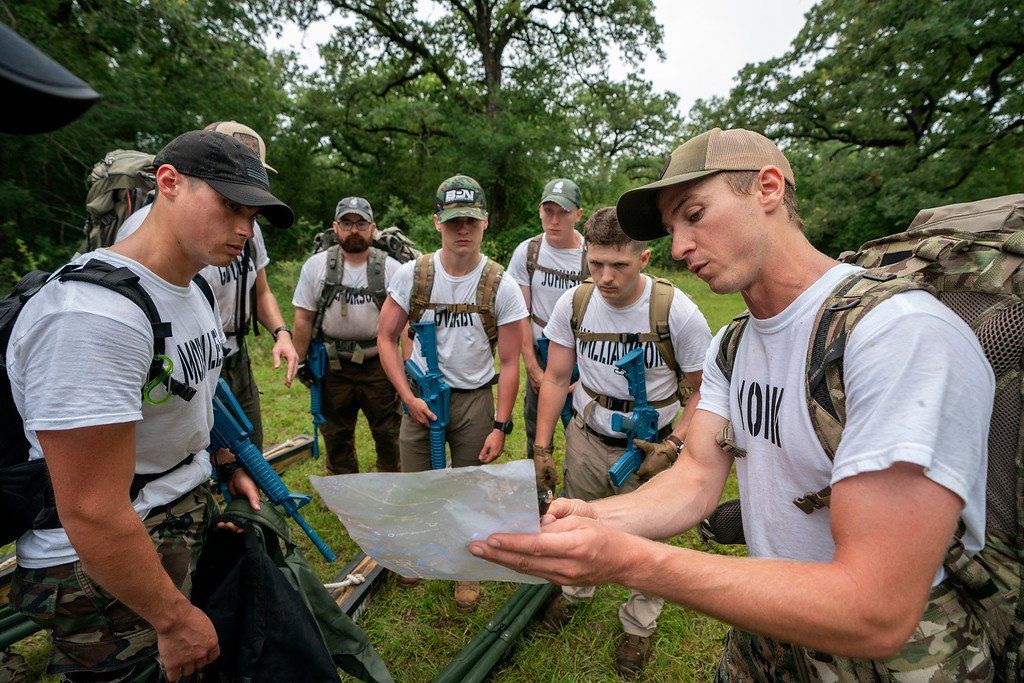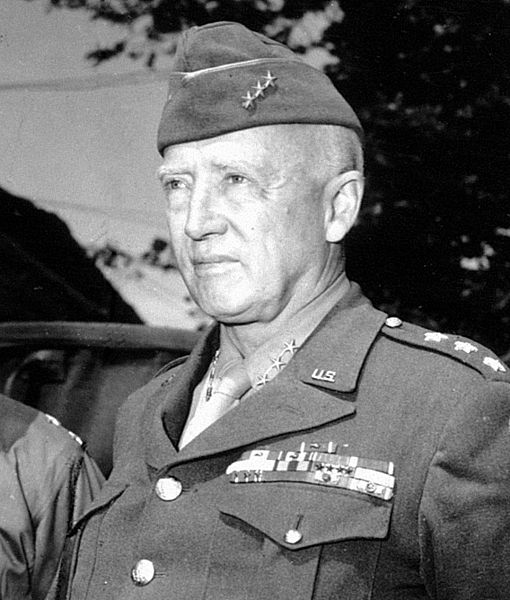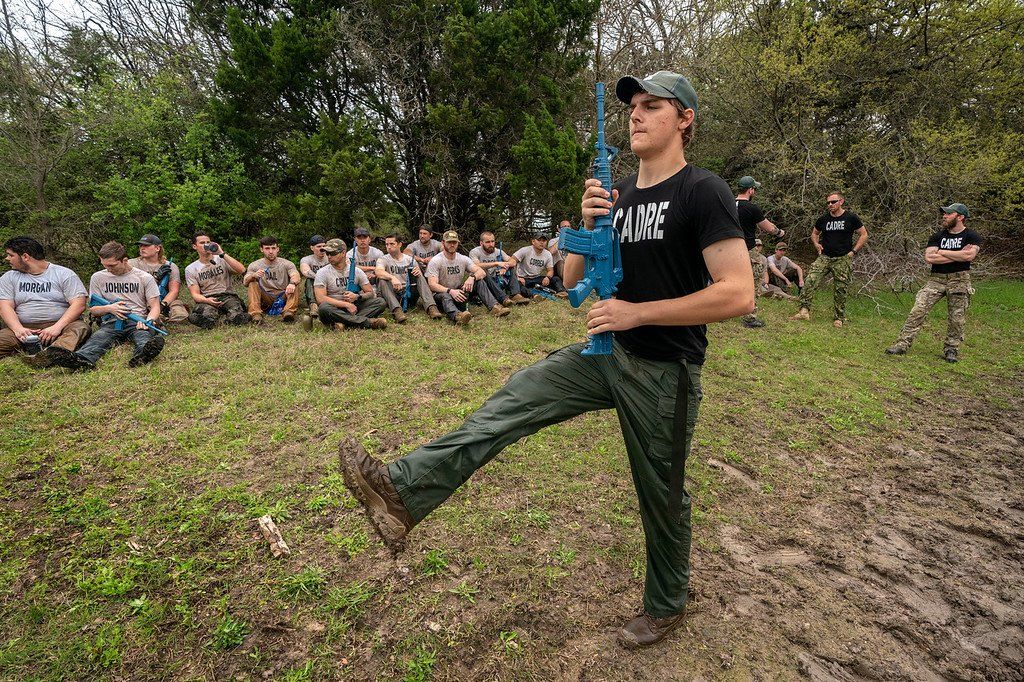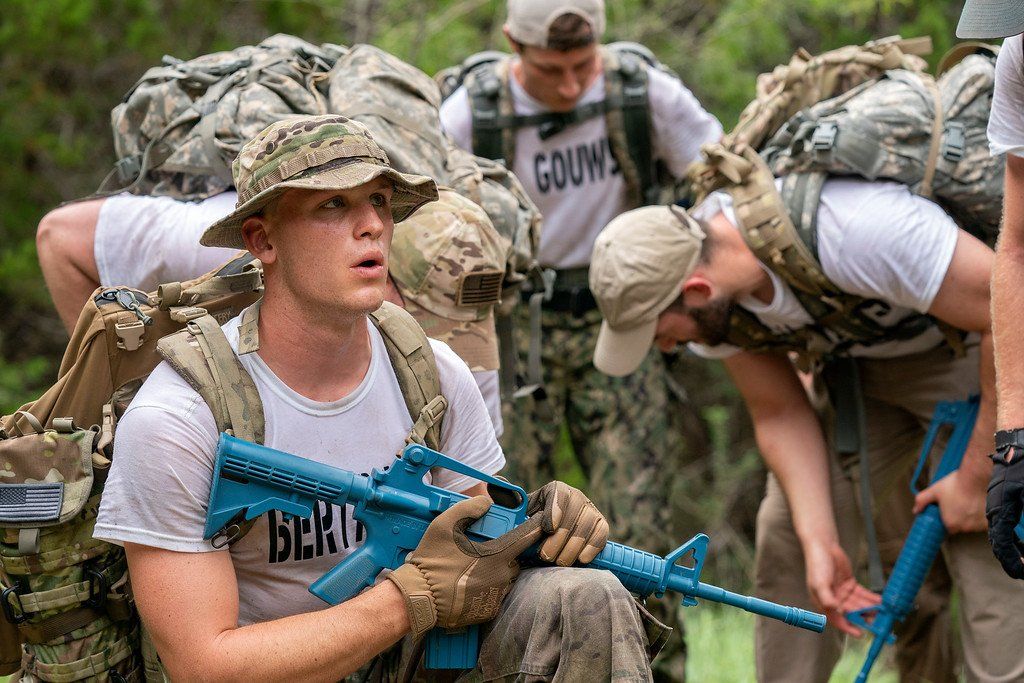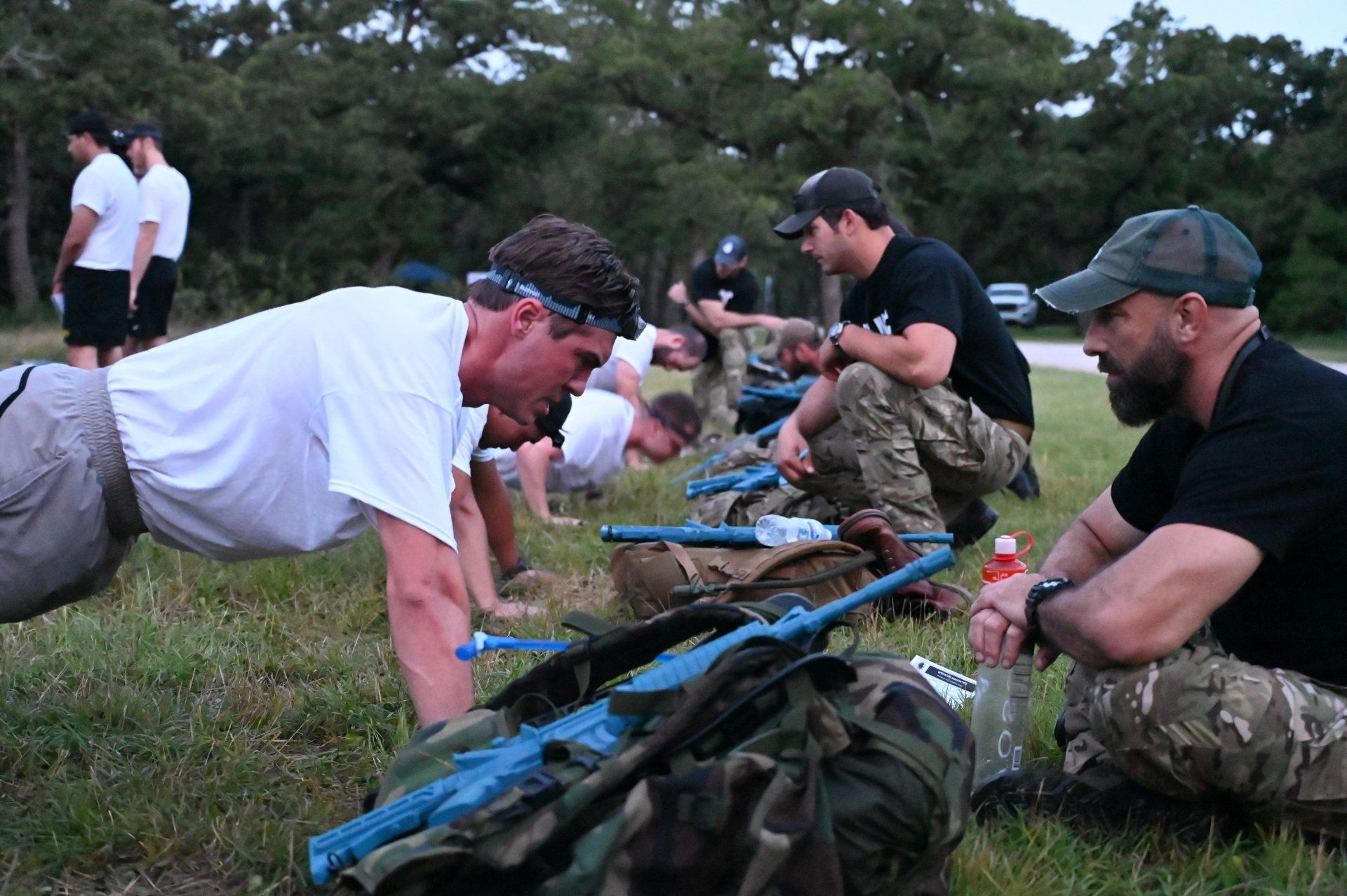How to Think Like a Special Forces Operator
July 7, 2021
Apply the operator mindset to your daily life.
Living like an operator isn’t just limited to staying physically fit. During a deployment, battle, or mission, an operator’s mindset is one of the most critical things for the success of his team. If an operator is not focused, motivated, disciplined, and prepared to act, no amount of physical training will lead to his success. A warrior’s capabilities are physical, but his capacity to act is psychological.
Here’s how you can forge success by applying the operator’s mindset to your daily life.
Why You Must Think Like an Operator at All Times
The operator’s mindset isn’t only reserved for deployments and operations – it exists 24/7. Being an operator is not about working out or dressing a certain way, it is about making a commitment to excellence.
At first, thinking like an operator can be exhausting. Holding yourself to a high standard of discipline, loyalty, integrity, and excellence is a tough change to make if you’re used to acting average. The best approach to building an operator’s mindset is to create a habit of excellence. Pick one task or chore every day and carry it out to the highest degree of quality possible. If you’re making your bed, be able to bounce a quarter off of it; if you are folding clothes, make every t-shirt perfectly symmetrical with the next. Over time, you will start automatically gravitating towards excellence.
The Four Steps of Thinking Like an Operator
Committing to excellence is a great concept to live by, but what are the specific strategies for thinking like an operator? At Operators Association, we’ve narrowed down the operator’s mindset into four basic steps: Condition, Plan, Execute, and Assess.
Identify
The first step to thinking like an operator is developing the ability to identify problems. Problems and discrepancies are all around us – they don’t have to be profound or groundbreaking.
A problem is simply a difference between the current situation and the ideal situation. For example, if you want to run a 6-minute mile, but currently run an 8-minute mile, that’s a problem! Identifying a discrepancy is the first step to improvement. If you don’t know that there is a problem, you can’t begin solving it.
Plan
“In preparing for battle I have always found that plans are useless, but planning is indispensable.” – Dwight D. Eisenhower
The next step to thinking like an operator is planning. Once you have identified the problem, it’s time to start creating a plan of action to overcome it. Depending on the magnitude of the task ahead of you, this can be as simple as planning a workout or a diet, or as involved as seeking guidance and consulting with others to get their insights.
Note that creating a plan doesn’t mean that you should blindly stick to it. Operators get deployed in the world’s most volatile and dynamic war zones. Mission conditions can change in an instant, so plans have to be dynamic and you must be able to improvise. Planning is less about creating a strict procedure, and more about gaining perspective and doing “mental reps” in preparation for the next step.
Execute
It’s time to act. No amount of planning, rehearsing, or pondering can replace action. Eventually, you will have to commence your plan and carry out your mission. Operators always prioritize action and seizing the initiative by acting before the enemy has a chance to plan.
Be aggressive. This doesn’t mean that you should be loud and intrusive. Rather, it means that you must be assertive and focused in your execution. Attack obstacles and overcome them as soon as possible. Consult your plan for guidance and improvise alternate actions if needed.
Assess
Failure is acceptable. Failing to learn from your failure is not. Life isn’t an action movie. You can do all of the above steps correctly and still come up short. Bad things happen in the field. Teammates get injured, equipment fails, and you receive faulty intel. The difference between an operator and the average person is that an operator learns from every mistake.
The final step is to assess your actions. Take a holistic look at your identifying, planning, and execution. What did you do well? What must you improve? Did you accomplish your goal or were you unsuccessful? Failure can be disheartening. By assessing and learning from your failures, you better equip yourself for future action and also create motivation and momentum to improve.
This might sound cliche, but it’s true: a strong mind is an operator’s greatest weapon. Without mental fortitude, it’s impossible to improve and take action. But how do you know if what you’re doing is correct, and how can you keep track of your improvement? For all you know, you might be killing your progress while utterly oblivious to the problem. Operators Association has the solution. By becoming an Aspiring Operator, you get instant access to hundreds of exclusive podcasts, a huge community of like-minded people, livestreams by real operators, and much more! Visit the Operators Association website homepage to join today.
